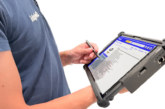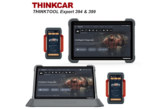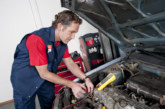Ecobat Battery discusses diagnostic and battery link
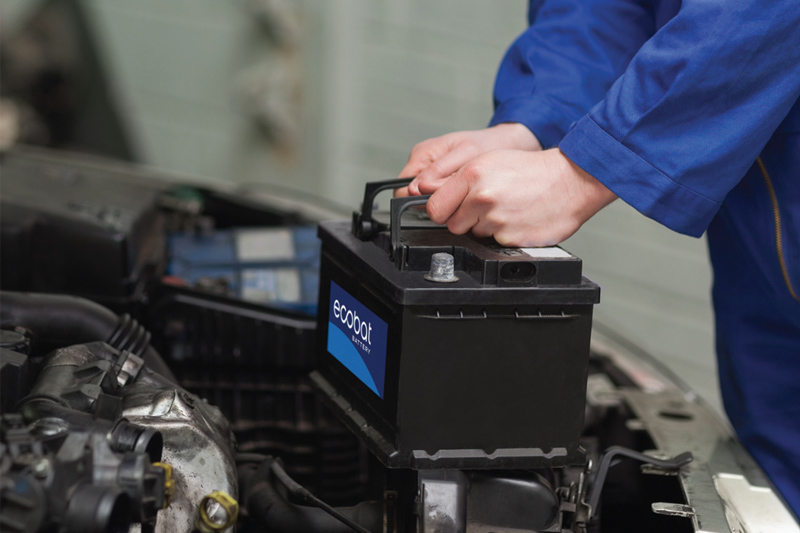
‘Diagnostics and batteries go hand-in-hand’ according to Ecobat Battery Training Manager, Christopher Jones.
The diagnostic procedures that your workshop customers undertake are now a fundamental part of vehicle servicing. During a repair, fault finding is a regular requirement in order for many issues to be resolved. Alongside this growth in diagnostic activity, according to Ecobat Battery Training Manager, Christopher Jones, has come a considerable increase in the time each vehicle can be undergoing diagnostic processes, some of which include software updates that can take several hours and are, therefore, often scheduled to run overnight.
However, irrespective of the length of time the procedure takes, the correct voltage in the electrical system is vital to perform these functions successfully, which is why Ecobat Battery, the UK’s largest independent battery distributor, advises you to remind workshops to actively support the battery, and, therefore, the vehicle’s electrical system, not only during battery replacement, but also when they are running diagnostic processes.
As intimated, these procedures are linked; to prevent causing unnecessary problems and to be carried out effectively, they both require a stable source of power, at the correct voltage and be constantly supplied to the vehicle’s electrical system. Although, because of the well-known risk of losing stored memory data, this may seem obvious when replacing the battery, it’s not quite so apparent when it comes to undertaking diagnostic processes, for example.
However, maintaining the correct voltage during extensive periods of troubleshooting is very important, as it helps to correctly identify the underlying fault. This is because during diagnostic procedures, which nowadays are commonplace, the engine is switched off – but power is still drawn from the battery!
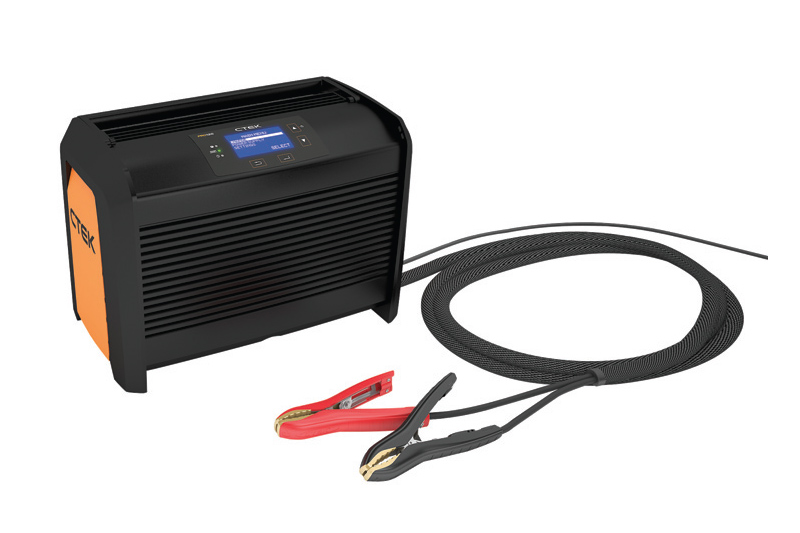
When carrying out prolonged diagnosis, which due to the complex electronic systems present in the modern vehicle, is not unusual, the vehicle’s control units and other electrical equipment can discharge the battery to such an extent that the onboard system voltage falls below the permissible voltage limit of the control units and a corresponding entry is made in the fault memory, and data can be lost (steering angle sensor, end positions of the electric window lifters etc.).
‘Shouldn’t come as a surprise’
In truth, this reality should come as no surprise. These days virtually everyone has a smart phone, all will be familiar with the fact that these will often prevent scheduled software updates from occurring if the device isn’t connected to a separate power supply, even is the battery is at more than 50%!
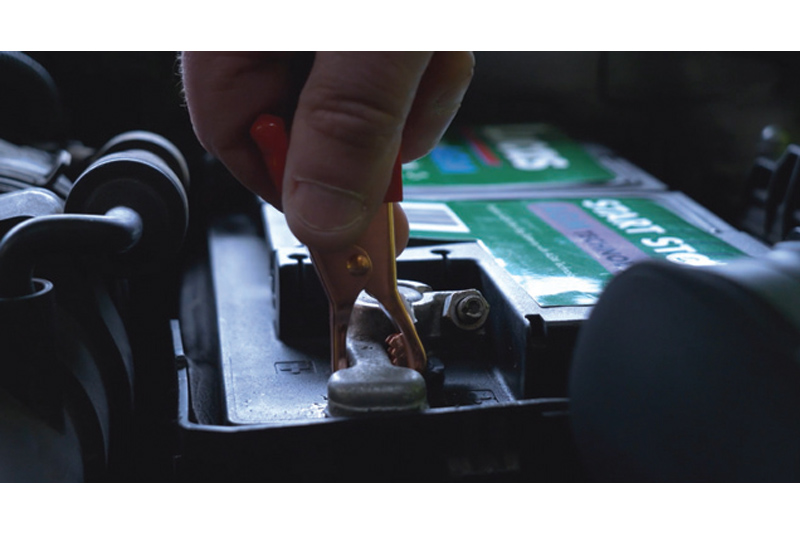
In addition to reminding customers of the importance of battery support, you can also benefit from the advice, as you can supply the equipment that workshops need and naturally, a variety of which are available to them through Ecobat Battery.
A perfect example is the PRO120 from CTEK, an innovative, versatile and highly efficient 120A battery charger and power supply, designed around the needs of the modern workshop.
Diagnostics and batteries go hand-in-hand
In summary, as has been demonstrated, using equipment dedicated to battery support when the vehicle is undergoing diagnostic procedures, is now a necessity. In addition, a battery performs best when it’s in peak condition, so by reducing the possibility of battery failure in the workshop, or even worse after the customer gets home, your valued workshop customers can not only illustrate best practice and save time and money, but they can also preserve their reputations.


